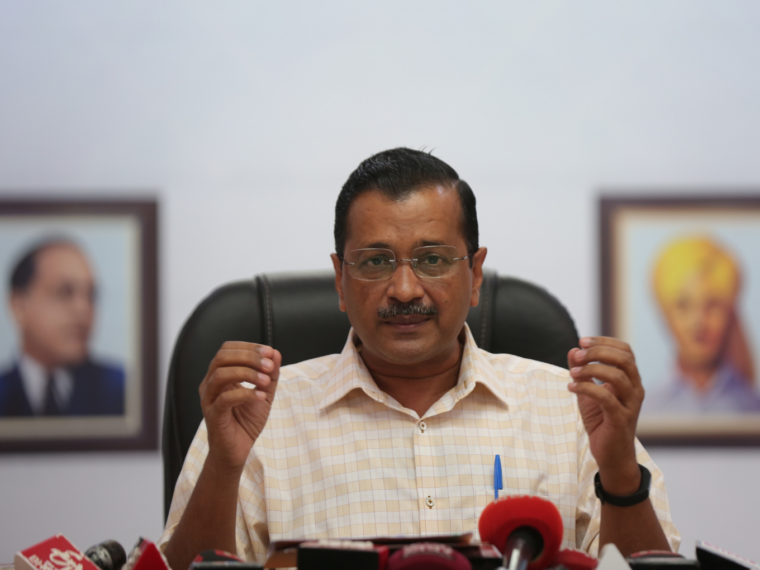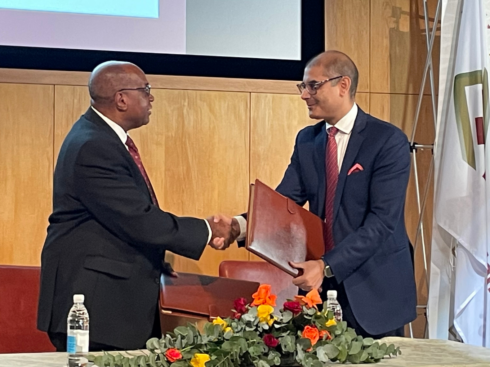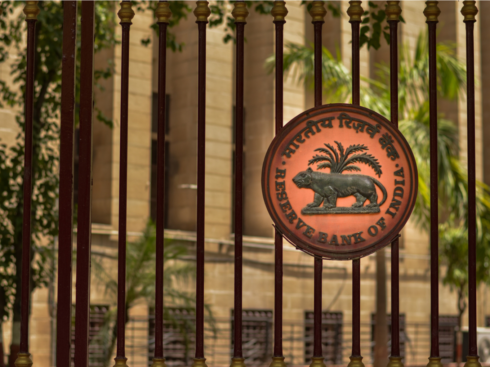
SUMMARY
The vehicle aggregator scheme has now been sent to Lieutenant Government Vinai Kumar Saxena’s office for approval
The new policy sets the stage for the launch of electric bike taxis in Delhi, albeit under operational guidelines underlined in the scheme
This comes more than 1.5 years after the draft policy was first floated back in January 2022 with the agenda of regulating vehicle aggregators in the national capital
Delhi chief minister (CM) Arvind Kejriwal has approved a policy that aims to electrify the fleet of cab aggregators and delivery service providers in the national capital.
“Today, I have given my approval to the historic… scheme. It marks a significant milestone in Delhi’s fight against pollution… We are committed to taking all possible measures to improve transport services for the people of Delhi, while promoting green, sustainable urban mobility,” said CM Kejriwal as per India Today,
After CM’s nod, the Delhi Motor Vehicle Aggregator and Delivery Service Provider Scheme, 2023 has now been sent to Lieutenant Governor Vinai Kumar Saxena’s office for approval.
With this, Delhi, as per Kejriwal, has become one of the few cities globally to set a time-bound threshold for transition of commercial fleet of both delivery and cab aggregators to electric vehicles (EVs).
Under new rules, the target for introduction of new EVs in aggregators’ fleet has been set at 100%. On the other hand, 10% of the aggregators’ new three-wheeler fleet has to be electrified within six months. Subsequently, the number increases to 50% in 2 years and 100% in 4 years.
Similarly for delivery service providers, the target for two-wheelers and three-wheelers has been set at 10% for the first six months, and the number subsequently increases to 50% at the end of two years and 100% in four years.
The yet to be approved legislation also sets the stage for the launch of electric bike taxi services in Delhi.
Relief For Bike Taxi Operators?
The development comes more than 1.5 years after the draft policy was first floated in January 2022 with the goal of reducing pollution and regulating vehicle aggregators in the national capital. The policy will cover all major startups in the country, including foodtech giants Zomato and Swiggy, cab aggregators Ola and Uber, as well as ecommerce companies Amazon and Flipkart, among others.
As per the scheme, the policy covers ‘aggregators, delivery service providers, or ecommerce entities’ with a fleet of more than 25 motor vehicles, operating in the national capital territory.
With an eye on creating sustainable and efficient transportation in the city, the policy has directed aggregators to ensure a phased transition to EVs to curb air pollution and promote green mobility. The rules also create a regulatory framework that permit companies to operate electric bike taxis after complying with operational guidelines underlined in the scheme.
It is pertinent to note that the Delhi government earlier this year in February banned all bike taxi operators in the capital city and warned of strict penalties for flouting the norms. However, the new rules only allow electric bike taxis to ply on Delhi roads, leaving a majority still in the lurch.
The proposed rules mandate that aggregators, delivery service providers and ecommerce platforms will have to electrify their entire fleet by 2030.
It also establishes strict standards for service quality which span vehicle cleanliness, driver behaviour, and timely resolution of customer complaints. Meanwhile, all new as well old operators will have to obtain a licence to ply in Delhi, which will be valid for a period of five years.
Internal combustion engine (ICE) vehicle owners will have to pay an annual fee to acquire the licence while EV owners will be exempt from such charges. Additionally, vehicles that are less than two years old will be offered a 50% rebate on annual licence fees.
The policy also envisages strict penalties for violating provisions of the scheme. Those flouting the rules will attract a fine ranging from INR 5,000 to INR 1 Lakh for each such instance.
Previously, the Internet and Mobile Association of India (IAMAI) flagged the high EV conversion targets in the draft policy. It said it would increase the burden for aggregators. However, the Delhi government appears to have moved ahead with the plan as it looks to switch to an all-electric future.






























 Ad-lite browsing experience
Ad-lite browsing experience